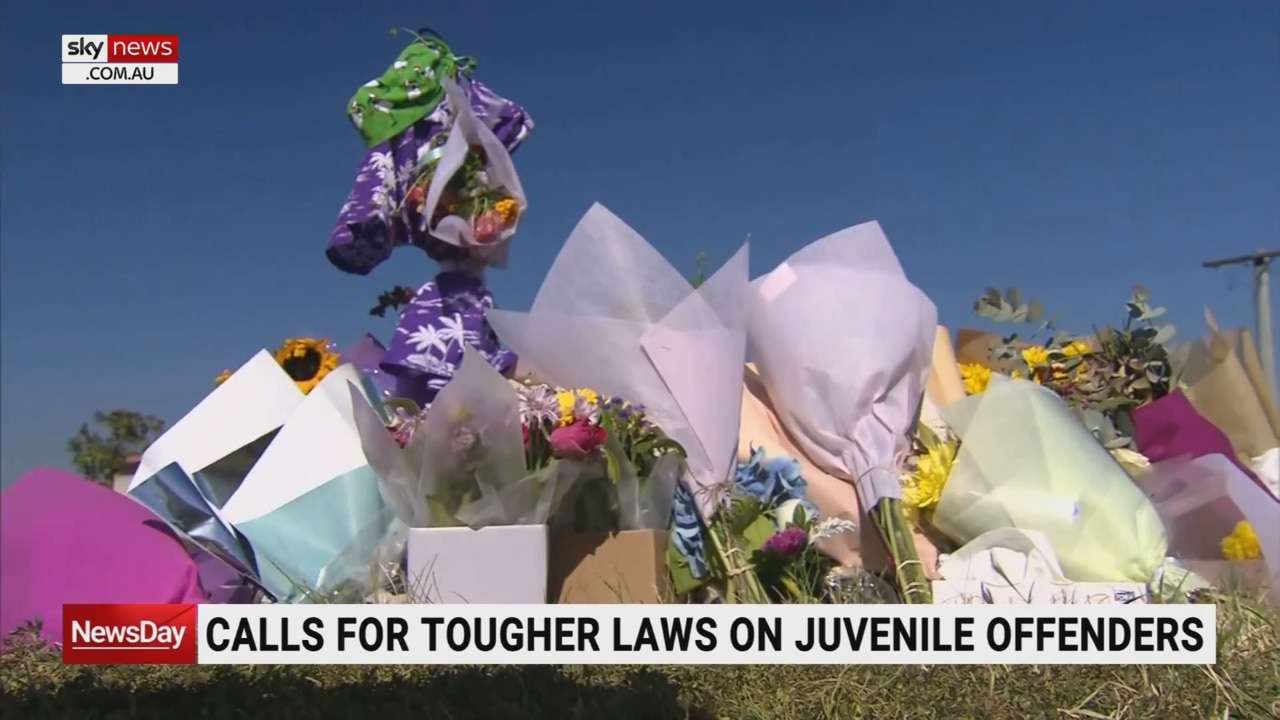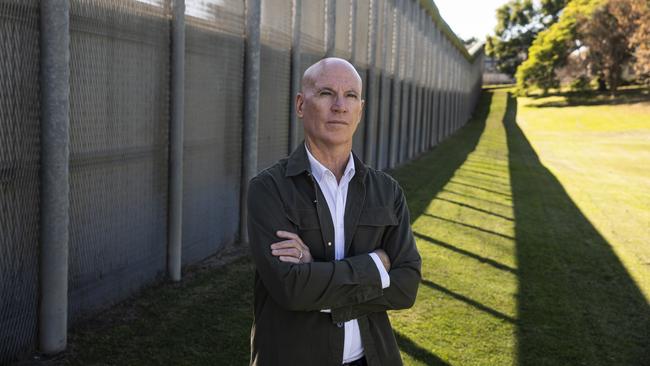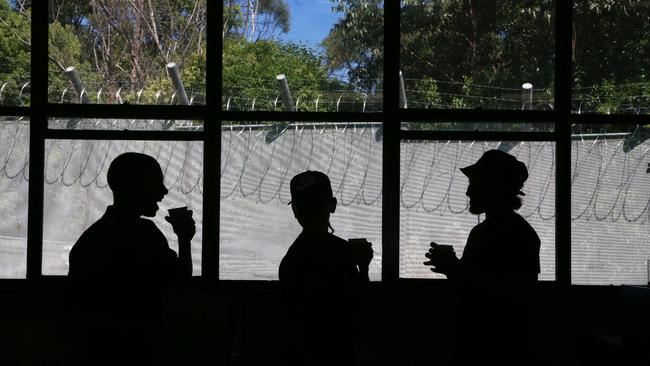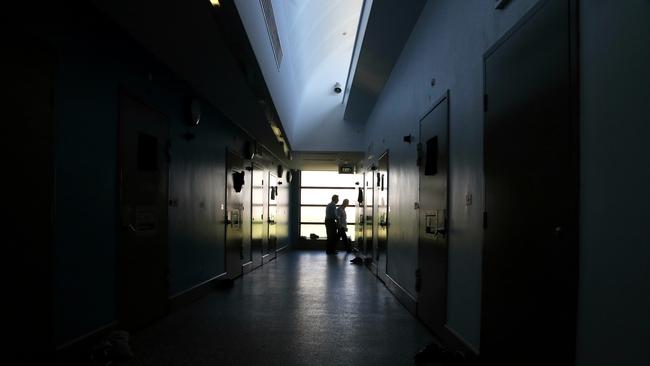‘Completely flipped’: Why juvie jail teacher found Silverwater’s hardened crims easier to teach
A murderer, an armed robber and a violent thug walk into a classroom … but for prison teacher Paul MacNamara, the kids are far harder to handle.

Police & Courts
Don't miss out on the headlines from Police & Courts. Followed categories will be added to My News.
A juvie jail teacher of more than a decade, Paul MacNamara has a hard truth for activists and bleeding hearts: sometimes the best place for a troubled teen is behind bars.
Educational Officer Paul’s prison career started when the former English as a second language tutor decided to leave his role teaching grateful migrants to teaching adult prisoners in Sydney’s infamous Silverwater jail.
Suddenly, friendly faces were swapped for those of hardened criminals — murderers, drug kingpins and their ilk.
“When I first went in there was sort of a sensory overload,” Mr MacNamara recalled of his first day on this job.
“I did wonder what the hell I was getting myself in for. I’ve got a murderer, an armed robber, a guy who’s in for grievous bodily harm, they’re all sitting in front of me, and they’ve got pens in front of in their hands — which are potential weapons.”

“You have a duress button on the wall, a red button. It’s as far away as the door is, and you just think if things turn nasty, there’s no way that I could get to that button or to their door before they got to me.
“I was trying to have a poker face. It was in winter, but I could feel a drop of sweat running down the front of my chest, and just hoping it wasn’t coming through my shirt.”

As threatening as Silverwater’s prisoners seemed, most ended up being enthusiastic students, choosing to spend their time in the classroom of their own free will. Many were illiterate, and wanted to learn enough English to read the newspaper, or letters from their mothers and wives.
“Now that I work in juvenile detention, it’s completely flipped around, because you’re compelled to go to school until you’re 17. They’re literally marched to school.
“[Teachers] come across a lot of resentment, because the detainees don’t go to school on the outside,” the author and educator said.

Concerns for the psychological development of underage criminals have seen the NSW Greens and various welfare groups push to release all children under the age of 16 from detention and raise the age of criminal responsibility to 14.
But Mr MacNamara, who has written a fictionalised memoir recounting the reality of prison schools, said for those he teaches, some as young as 12, jail provides structure to their lives that they don’t find on the outside.
“You have experiences like this one young fella, who was about 13. He came to the centre, he was given breakfast.
“And then he was put back in his cabin, he was brought back out for lunch. They exercised, they played football, and put him back in,” he said.
“And then they brought him out for dinner, and he asked ‘wow, how many times you eat around here?’, because he’d had no concept of three meals a day.

“It’s hard to be sent to jail or detention as a 12-year-old for a first offence, unless it was something major.
“So when we have had people who are very young, quite often they’ve committed quite a few crimes up to that point, and magistrates had no other alternative.”
In fact, shortening their sentences and releasing them back to unsafe home environments makes troubled youth’s lives worse, Mr MacNamara argues.
Whatever academic progress his students made was lost after re-entering the community – even though many ended up straight back in jail again.
“Unfortunately, in the youth system, that they come and go so quickly, and they go back to the same kind of place. They might be gone for a year, and I ask them ‘when was the last time you were in school’ and they say, ‘when I was in your class’.
“As a teacher, you can sort of broaden their view of the world and encourage them to think differently, because they all come in with this sort of gangster mentality and they listen to gangsta music. The environment they’re going back into, they’re surrounded by brothers, fathers, and grandfathers who have all been inside.”
Mr MacNamara said the co-ordination of each young criminal’s transition back into the community needs to drastically improve if recidivism is to be reduced.
“That transition is integral for more success.”
Paul MacNamara is the author of ‘The Criminal Class: Memoir of a Prison Teacher’





